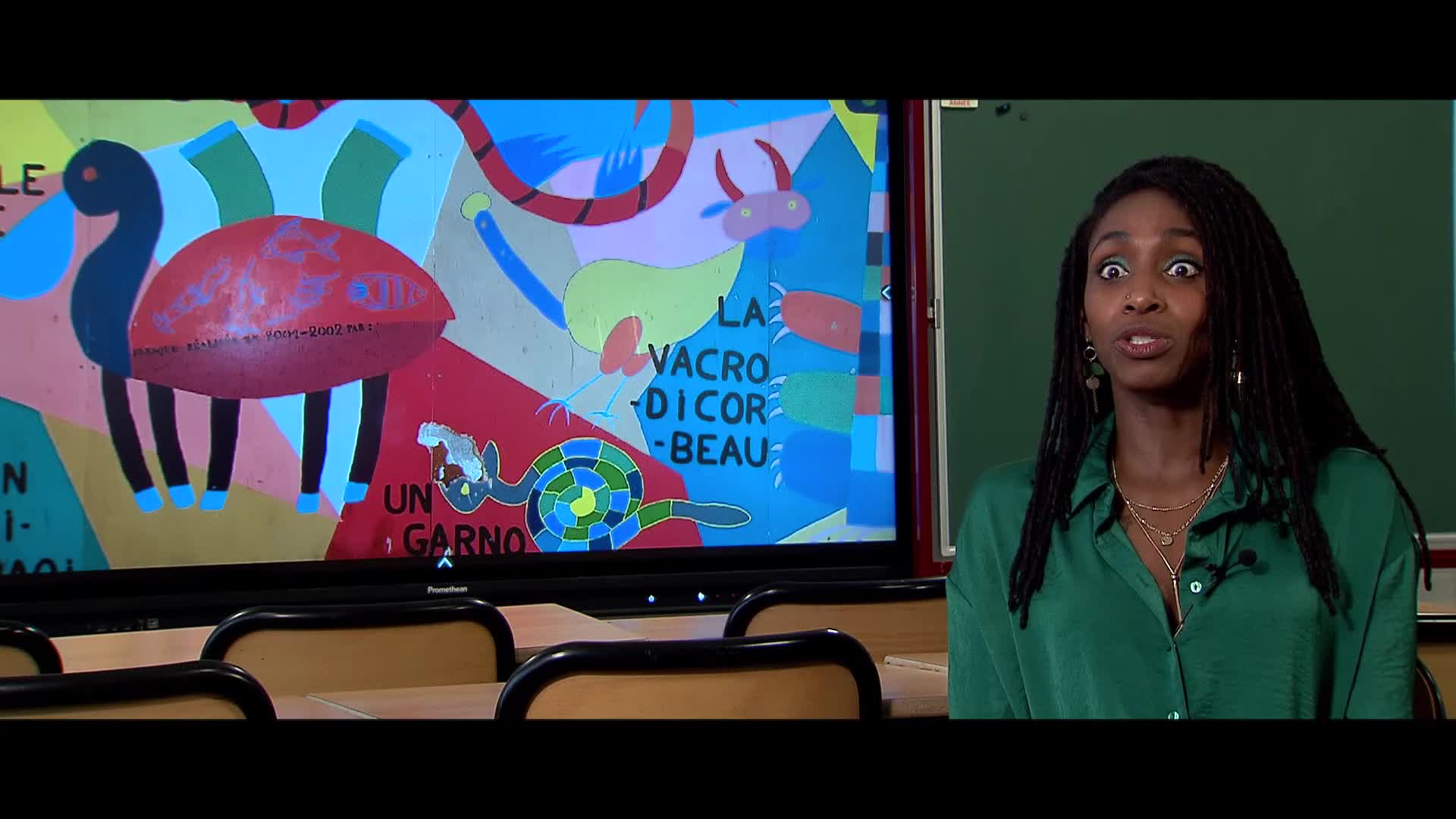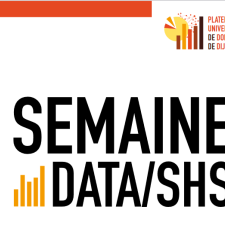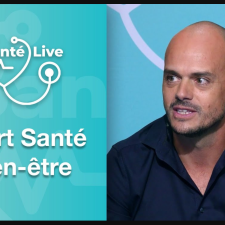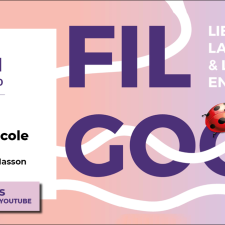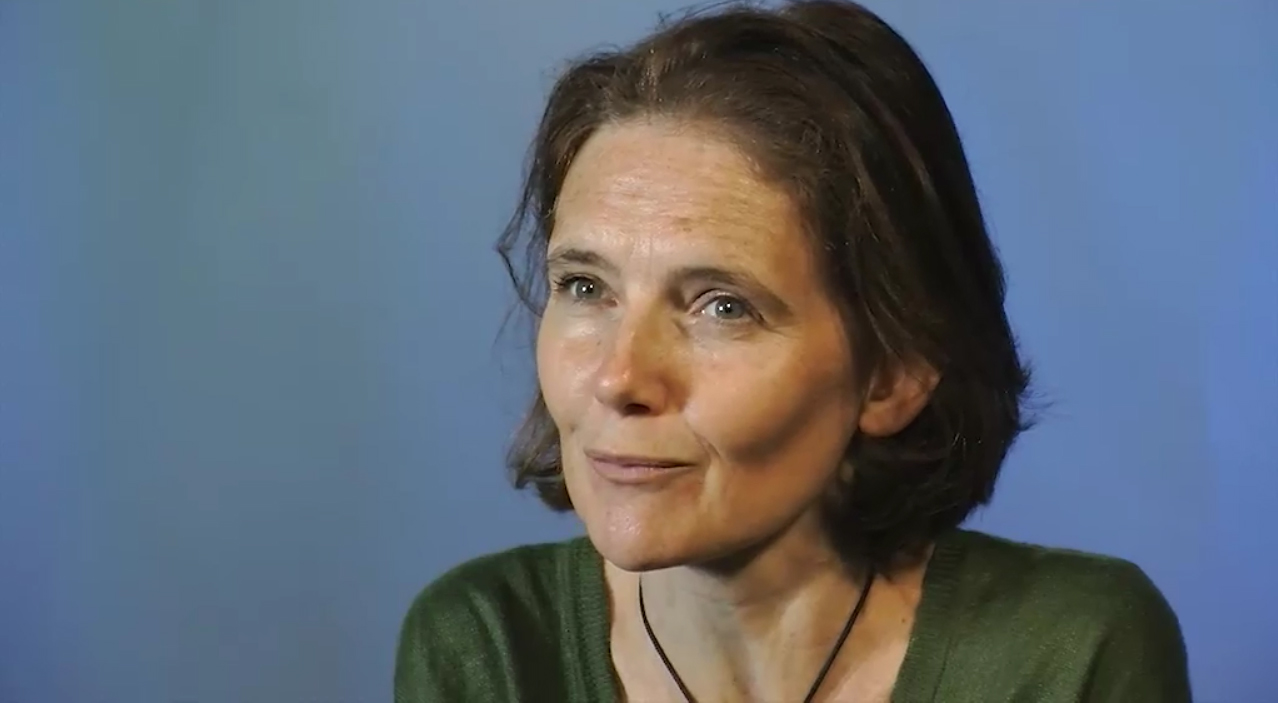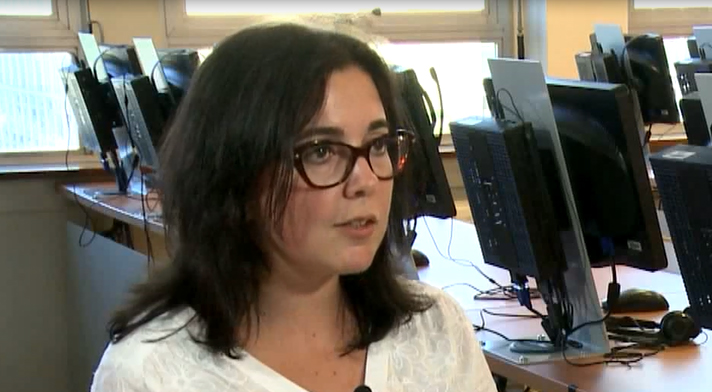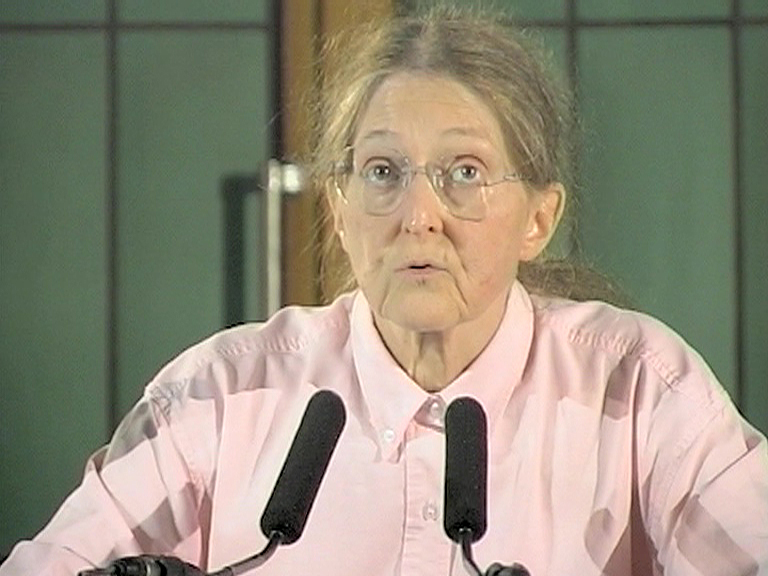Notice
A conversation with Amartya Sen
- document 1 document 2 document 3
- niveau 1 niveau 2 niveau 3
Descriptif
Thanks to Carole Billows, Jacqueline Kim, Inga Huld Markan
"Social Choice and Welfare has a tradition of interviewing pioneering contributors to welfare economics and social choice theory to keep their recollections on the formative stages of their seminal work, their current views on the past and present states of the art, and their perspectives on the agendas to be pursued in this branch of normative economics officially on record" (Suzumura 2005).
Professor Amartya Sen had been previously interviewed for Social Choice and Welfare in 1988 by Wulf Gaertner and Prasanta Pattanaik. It was clear ever since that a second interview should take place to cover the extremely rich contributions he made after this period, not only in social choice theory, but also in political philosophy.
The very busy schedule of Prof. Amartya Sen made this event difficult to organize. A conversation with three researchers from the University of Caen -Antoinette Baujard, Muriel Gilardone, Maurice Salles-, eventually took place in his office at the economics Department of Harvard University in Cambridge (Mass.) on March 10th, 2010.
We had sent A. Sen a list of questions beforehand. We nearly spent the whole day with Amartya Sen, but the recorded interview lasts a little more than two hours.
This 30 minutes video pinpoints of some short sequences that may be of interest to a wide public. An article presenting the whole text of the interview will be shortly published in Social Choice and Welfare.
Amartya Sen received a Doctorate Honoris Causa from the University of Caen in 1987. He received The Sveriges Riksbank Prize in Economic Sciences in Memory of Alfred Nobel in 1998. He is one of the main contemporary economists whose works allowed the renewal of the economic theories of justice, and more generally of normative economics. His contributions are rooted in social choice theory, as it has emerged with Kenneth Arrow's famous "impossibility theorem" in 1950. But his eclecticism - because of his interest for development economics and philosophy - allowed him to end up with a social choice approach that goes beyond Arrow's work.
His influential monograph Collective Choice and Social Welfare (1970) addressed problems such as individual rights, majority rule, and the "taboo" of interpersonal utility comparisons. Basically Sen proposes a reflection on the criteria of justice, and particularly how to envisage the good or individual advantage in the framework of social evaluations. The notions of liberty or equality are the core of his theoretical approach, but also of his applied analysis. For instance, his book Poverty and Famines (1981) presents a new understanding of the causes of famines and deprivation as inequalities in individual entitlements. Moreover he has contributed to the literature on gender inequalities, which has helped him to coin the concept of capability, as a new conception of individual advantage. Sen's capability approach tries to estimate individual and social situations with respect to individual life potentialities, rather than incomes or resources. The idea is to estimate what individuals can do or be in society rather than what they have. It is also the means to overcome an unsatisfactory aspect of normative economics as it is usually theorized and which Sen has called "welfarism".
While the reference to Arrow in Sen's work is clear, it is worth mentioning the great influence of John Rawls too. Rawls's Theory of justice was published in 1971, when Sen was thinking about the philosophy guiding the problems of social theory in economics. It helped him advancing in his criticism of the "utility" criterion and his thought on equity. Nevertheless, Sen does not share Rawls' general philosophical approach of justice. His last book The idea of justice (2009) offers a radical departure from the Rawlsian formulation of the theory of justice.
The Interviewers
Please keep in mind that both the journal and the society for Social choice and Welfare originated in Caen.
Antoinette Baujard is an Associate Professor of Economics at the University of Caen Basse-Normandie since 2004. She has done her PhD under the supervision of Professor Maurice Salles on individual welfare. She works on the definition of welfarism, as well as on the compatibility of utility and freedom in economic contexts. Besides, she has notably organized the quasi-field experiment of new voting rules during the French Presidential elections in 2007.
Muriel Gilardone is an Associate Professor of Economics at the University of Caen Basse-Normandie since 2008. She received her PhD from the University of Lyon 2 in 2007. Her thesis was about the context, meaning and scope of Amartya Sen's capability approach. She is specialized in the history of economic thought, and particularly interested in normative economics.
Maurice Salles is Professor of Economics, emeritus at the University of Caen-Basse-Normandie and Honorary Research Associate at the Center for Philosophy of the Natural and Social Science at the London School of Economics. He is Coordinating Editor of "Social Choice and Welfare" and President-elect of the "Society for Social Choice and Welfare."
Thème
Sur le même thème
-
Dis-moi comment tu parles
LenartEwaLamalle CabarrusAurélieDiakiteEdwigeNguyenMinh TheAmmariLilaCe film a été réalisé dans le cadre de la recherche-action "le plurilinguisme à l'école primaire : valoriser les langues d'héritages pour une école et une société inclusives" Avec l'aimable
-
The stressors-performance relationship in public accounting firms : A longitudinal study-PUDD
BonacheAdrienThis study aims to examine the causal nature of the suggested correlations between stressors and performance in accounting and auditing firms.
-
Santé Live #12 : Sport Santé Bien-Être
RachouEmmanuelleHoareauVincentSanté Live #12 : Sport Santé Bien-Être
-
Le bien-être à l’école | Julien Masson
MassonJulienConférence de Julien Masson dans le cadre du cycle "Fil Good. Lier la recherche et le bien-être en société" (saison 8).
-
Les vicissitudes de l'application d'une norme de bien-être animal en abattage halal
SelmiAdelHochereauFrançoisSéance : Production des normes " Vous avez dit halal ? " Normativités islamiques, mondialisation et sécularisation Colloque international, 7-8 novembre 2013, IISMM-EHESS, Salle Claude Lévi-Strauss
-
Les enjeux liés à la santé en aménagement urbain
Roué-Le GallAnneVidéo de présentation du programme de la semaine 2 qui s'axera sur l’impact de l’agriculture urbaine, composante importante dans un contexte d’aménagement favorable à la santé.
-
Webinaire – Regards croisés : motivation, équilibre et bien-être psychologique en période de crise
Nous vous proposons l'enregistrement du Webinaire intitulé Regards croisés : motivation, équilibre et bien-être psychologique en période de crise du mercredi 8 avril 2020. Les documents sont
-
Le bien-être, grande promesse des marques
Nicolas-HemarValérieCe clip vise à définir ce qu’est le bien-être et en quoi il est associé à l’idée de bonheur. Il montre dans quelle mesure un positionnement de marque axé sur le bien-être répond aux attentes des
-
Mesurer la pauvreté
TovarÉlisabethPour mesurer concrètement le degré de pauvreté d'une société, il faut se mettre d'accord sur trois éléments importants, discutés dans cette ressource : (1) l'étalon de mesure utilisé pour apprécier
-
Cosmétologie à l'hôpital
BonnelMarcIntégrée aux départements de Dermatologie Oncologie et Psychiatrie adolescents de l'hôpital Erasme de Bruxelles, Marine COMAS, cosmétologue, nous indique comment, dans un cadre médical et psychosocial
-


